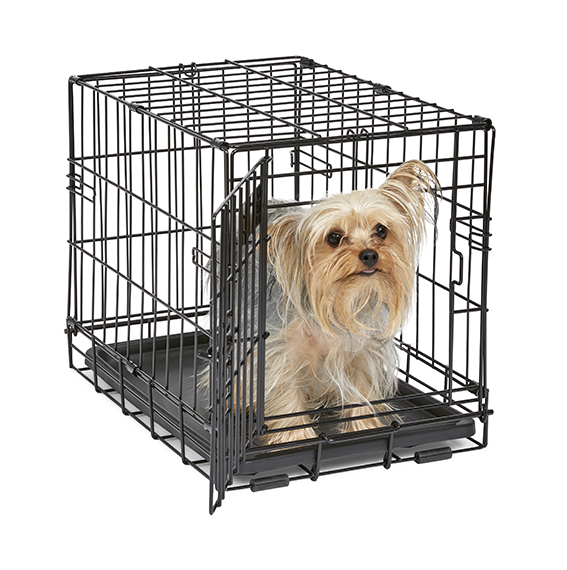
Whether or not your dog should sleep in a kennel is a matter of personal preference and can vary depending on a variety of factors. Some dog owners swear by kennel training, while others believe that dogs should be allowed to sleep wherever they choose. In this article, we will explore the benefits and drawbacks of kennel training and help you determine whether or not it is the right choice for your furry friend.
Benefits of kennel training
One of the main benefits of kennel training is that it can provide your dog with a sense of security and comfort. Dogs are den animals by nature and often feel more at ease in a small, enclosed space. A kennel can provide a safe and cozy place for your dog to sleep, relax, and retreat to when they feel overwhelmed or anxious.
Kennel training can also be useful for house training your dog. Dogs naturally avoid soiling their sleeping area, so a kennel can help teach them to hold their bladder and bowels until it is time to go outside.
Another benefit of kennel training is that it can keep your dog safe and prevent destructive behavior. If you have a new puppy or a dog that tends to chew on things, a kennel can prevent them from getting into trouble and potentially harming themselves.
Drawbacks of kennel training
While kennel training can be beneficial for some dogs, it is not always the best choice for everyone. Some dogs may feel anxious or claustrophobic in a kennel and may become distressed if they are confined for too long. If your dog is already prone to anxiety or has a history of separation anxiety, kennel training may not be the best choice for them.
Another potential drawback of kennel training is that it can be time-consuming and require a lot of effort on your part. You will need to gradually introduce your dog to the kennel and provide positive reinforcement to help them feel comfortable and secure. This can take time and may require a lot of patience and consistency.
Making the decision
Ultimately, the decision of whether or not to kennel train your dog is up to you. It is important to consider your dog's personality, needs, and preferences when making this decision. If your dog enjoys spending time in a kennel and feels secure and comfortable there, it may be a good choice for them. However, if your dog becomes anxious or distressed in a kennel, you may want to consider alternative sleeping arrangements.
If you do decide to kennel train your dog, be sure to introduce them to the kennel gradually and provide plenty of positive reinforcement. Make the kennel a comfortable and inviting space with a soft bed, toys, and treats. And remember, never use the kennel as a form of punishment, as this can create negative associations and make your dog feel fearful or anxious.
In conclusion, kennel training can be a useful tool for some dogs, but it is not the right choice for everyone. Consider your dog's needs and personality when making this decision, and be prepared to put in the time and effort required to make the transition a success. With patience and consistency, you can create a safe and comfortable space for your furry friend to rest and relax.
